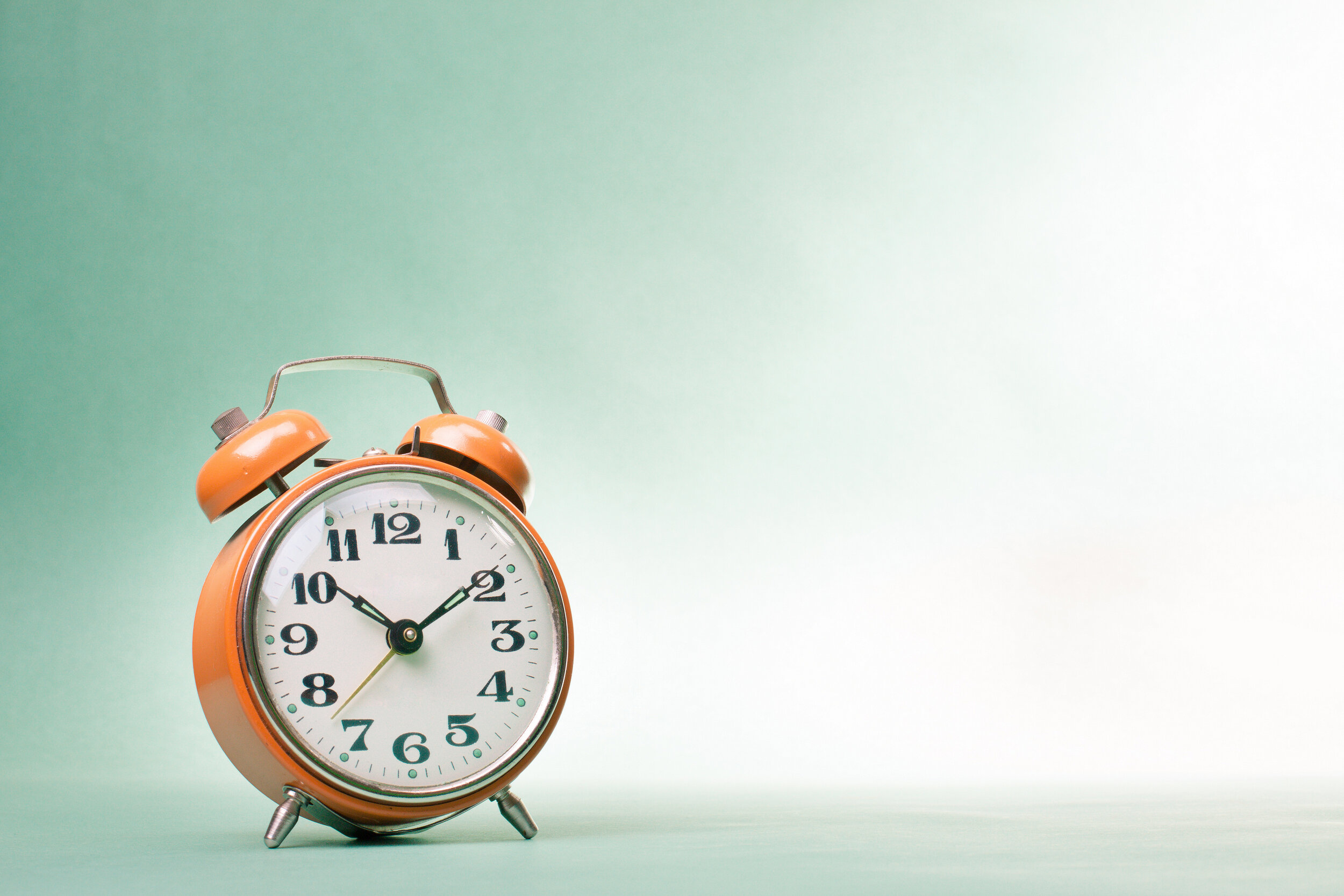If you’re in need of a bit of light relief, escapism or adventure to get away from the news cycle right now, here are twelve of our favourite shows that we use to help us chill out, relax, smile, occasionally cry (in a good way) and generally feel balanced.
12. Springwatch
Twice a year (with its twin sisters Autumnwatch and Winterwatch), it’s a real joy to watch the gang as they bring us amazing footage and stories of British wildlife in their natural habitat. We may not be able to get out there as much as we’d like right now, but we can get a great taste of it with these guys; can’t wait for the new series! Check out the website too, loads of really cool nature stuff to explore: https://www.bbc.co.uk/programmes/b007qgm3
11. DIY SOS
Yep we know, it’s a bit of a tearjerker but we love it because it shows the best side of human nature - people coming together to help each other which let’s face it, is at least one of the positives we’re seeing right now. Check it out on iPlayer.
10. Ben Fogle’s Make a New Life in the Country
A fairly recent addition to our viewing - where people from busy city lives quit their jobs and head out into the countryside to build a new business - sometimes a hotel, restaurant or even a brewery. Check out the lady who takes on a hobby farm in John O’Groats - it’s a great episode! Available on 5 on Demand.
9. Kirstie & Phil’s Love it or List it
As much as TV couple as Torville and Dean or Ant and Dec, Kirstie and Phil’s on-screen husband and wife persona works perfectly in this show. What we all want to know though, is where does the money come from to build those amazing extensions? Is it really all forked out by the couples taking part? It’s great fun guessing what’s going to happen at the end - my head always says that they’ll love it; people are fond of their possessions, but you just never know.
8. Death in Paradise
I know; isn’t putting a show about murders in our top ten a little weird? Well this show is a little weird, quirky you might say, bordering light-hearted comedy. I’m not sure what that says about our society but it’s very tongue in cheek and pretty much follows the same format every time - someone is killed in the opening scenes on a small Caribbean island that must have a murder rate higher than anywhere on the planet.
There are four suspects who were all around at the time but seemingly in each other’s company or with some other watertight alibi. All have motive and it’s up to the bumbling British detective and his tiny local police force to solve the case. Turns out, far from bumbling, he’s actually a genius and I always struck by a Eureka moment that solves the case, often in the most convoluted fashion. What’s not to love? Check out all eight series on iPlayer.
7. Pointless
I love quizzes, always have! But it’s not just the quizzing or the witty repartee from co-hosts Alexander Armstrong and Richard Osman that makes this so enjoyable for us. More than that, it represents the end of the working day, time to sit down with a cuppa and chill or do a little exercise. It’s the trigger to balance out the day with a restful evening.
6. Grand Designs
It’s one of our dreams to build our own place in the country, even after watching countless episodes of this showing the trials, tribulations, complications and endless over-spending required. Living in the house that lives inside your imagination, that matches your very essence, has to be one of the truly great dreams.
5. Great Canal Journeys
Join Timothy West and Prunella Scales for adventure at 4 miles per hour. It’s a beautiful blend of adventure, nature and history, but more than that it’s watching the relationship between a couple married for nearly 60 years, a beautiful blend of comfortable conversation and a love that you can see is as strong as ever - made all the more poignant as they openly discuss Prunella Scales’ Alzheimer’s diagnosis and you see how it impacts her life as the series’ progress. Another tear-jerker at times I’m afraid.
4. The Repair Shop
What a thing of beauty this is - crafts and skills long-lost to modern life shown off to their very finest as highly skilled folk help repair and restore people’s treasured possessions'; everything from grandfather clocks to rocking horses, porcelain to bicycles. It isn’t a show about things, it’s a show about how our possessions represent the memories of our nearest and dearest, about how our hobbies are our greatest passions in life, about how most things can be fixed with patience and time, and about how we can all use our talents to show kindness to others. New series on BBC One, Wednesday nights at 8pm.
3. Portillo’s Great Railway Journeys
Who’d have thought you could so grow to love a Tory MP once deemed so obnoxious by a large proportion of the country? But his affable presenting style, his gaudy outfits that always clash so loudly that scientists may in future believe they were the causes of the second big bang, the tales of history he weaves using his Appleton’s Guide and the epic scenery as he makes his way around the world by train, showing how a truly British invention changed the world in a million ways, all come together to make him seem like a (in the words of a once famous Harry Enfield character)…thoroughly bloody awfully nice bloke.
2. Ben Fogle’s New Lives in the Wild
The only man to make it onto our list twice, Ben Fogle is a bet of a hero of ours. A great adventurer, a real fitness enthusiast, a heart of gold and an ability to come across as just entirely normal, someone you’d definitely want to spend time on a bike ride with and then have a drink in the pub after.
This show is so special because he takes you to the far corners of the world to meet people who have truly gone off the grid, often living in some of the weirdest and most wonderful dwellings you could imagine. It’s as much about finding out what’s driven the person to that place, that life as it is about what and where. Check out episodes 1 (Iceland) and 5 (Oregon) of the latest series - some fascinating characters.
1. Bake-Off
It was tough picking a winner, but this one just about takes the biscuit, and the cake, and the bread, pastry and whole host of other tasty goodies! It’s a non-stop drool-fest from start to finish and the only downside to it is that it really does make you crave something tasty right there and then.
The balance of presenters and experts is always planned to perfection (looking forward to see what Matt Lucas brings) and the baking skills on show are truly astonishing. Some of the showstoppers literally blow my mind! It may not have the adventure, but it has a beautiful, idyllic in fact, English country garden, a sun that always shines, humour and tasty treats…what more could you want?










































